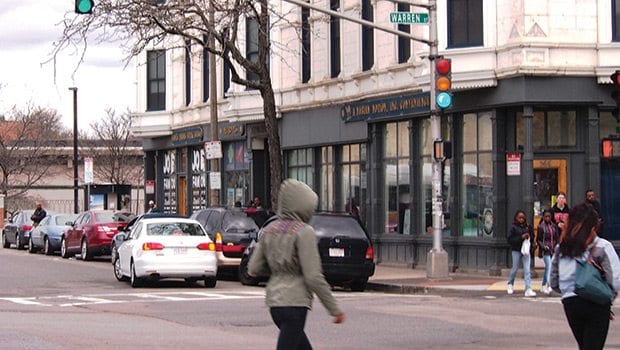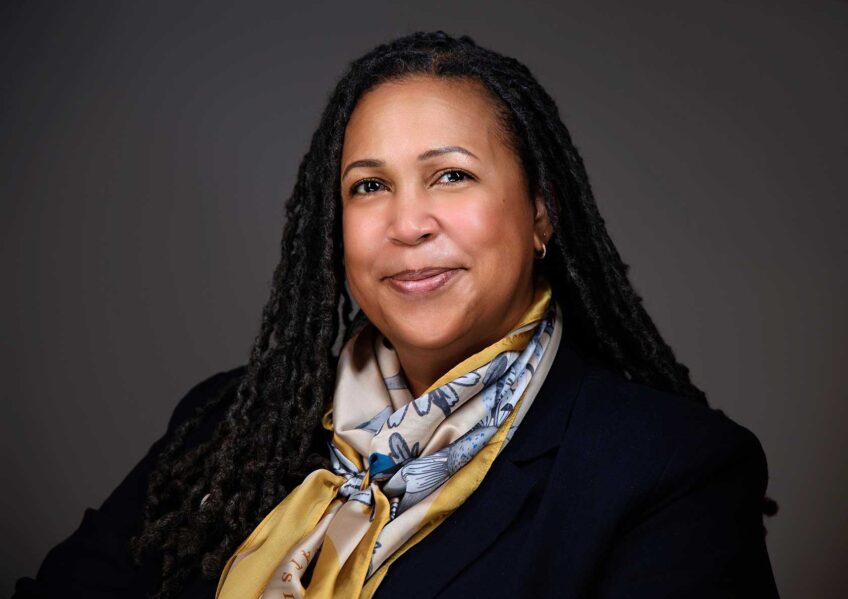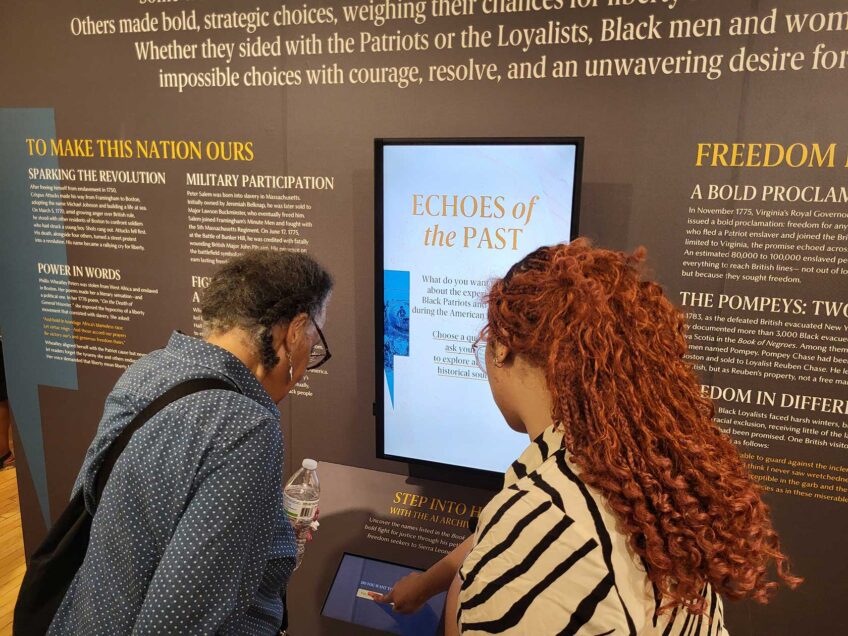Oversight for Uber, Lyft rolls into town
Consumers discuss new transportation options as Gov. signs oversight bill

Last Friday, Governor Charlie Baker introduced legislation to regulate the patchwork of ride-sharing car services like Uber, Lyft and Sidecar. The bill is another entry in the bitter debate between the startup companies and traditional taxi services, which have long argued that ride-sharing companies compete on an unfair playing field by escaping many of the regulations that apply to taxis.
The Banner spoke with Roxbury, Dorchester and Mattapan residents who highlighted the range of metrics that customers consider when deciding among the transportation options in Boston’s neighborhoods — a mix of cost, safety, simple availability, and, in some cases, adherence to what is familiar.
A new ride in town
Many interviewees said ride-sharing services have been a game-changer.
“Before, when I would go to clubs in Cambridge while living in Mattapan, it would cost upwards of $30 to get back home and many cab drivers were unwilling to take customers to Mattapan,” said Robyn Gibson, a 27-year old operations director at a non-profit. “Now I have various choices in transportation that is half the cost of a cab, with plenty of service into and out of Mattapan.”
Availability and convenience were echoed among consumers as important factors.
Maria Centeio, a software consultant from Roxbury, said that she appreciated that Uber doesn’t “redline” neighborhoods, using the term for when businesses will not invest in certain areas.
“My best friend who lives in New York frequently requests Ubers to pick her mother up from her Uphams Corner home to be dropped at work so she doesn’t have to make the long and sometimes daunting trek to Andrew Station to get to her night job shift,” Centeio said. “This wasn’t an option prior to Uber, because taxi medallions weren’t always readily available to service that area. [She] says she can sleep easier at night knowing her mom is not walking out alone at night in a neighborhood in which gun violence is all too familiar.”
Bill Gaylord, a lieutenant firefighter from Dorchester, said that for him, the issue of taxi avoidance of neighborhoods goes back a long time.
“I sure recall not getting rides to Charlestown back when [my wife] and I were dating [in the 1980s],” he says. “‘Townies’ had a reputation for jumping out and running without paying fares.”
He clarified, however, that he did not experience such issues now, and mostly preferred Uber because it is cashless and the tipping for the service is more standardized.
Another woman said she found ride-sharing companies to have both plusses and minuses.
“Using Uber is very convenient because it lets me know exactly how far away my driver is, compared to a regular taxi,” said Caroline A. Shaw-Moss, a graduate art therapy student from Roxbury. “With Metro cab I might wait 25 to 30 minutes for a cab that might not be on its way because the phone dispatcher didn’t make arrangements.”
She added, however, “There are some downsides to using Uber. During the winter, those surge prices hit hard compared to a regular flat-rate cab. Also, as a women, I have to be hyper aware of my safety. Unlike regular cabs, Uber drivers use their own cars. There isn’t a divider between you and the driver.”
Safety issues have proved to be a difficult image issue for Uber in particular. In December 2014, an Uber driver was charged after he allegedly beat, strangled and sexually assaulted a woman in Cambridge. In February, another Uber driver was charged with sexual assault of a passenger in the North End.
Those who spoke with the Banner also highlighted that consumers aren’t always making a simple decision between ride-sharing companies and traditional taxis. Centeio, the software consultant, said that her decision to use Uber was not so much a decision against taxis as it was against the MBTA. She started using the ride sharing service while living in New York just to go out on weekends, but when she moved back to Boston she started using it more frequently simply out of convenience.
“Boston is no New York when it comes to public transportation,” she says.
Gypsy cabs untouched
And some said that they did not user the ride-sharing companies at all, relying instead on alternatives such as gypsy cabs.
“I just think gypsy cabs are quicker and easier,” said Ethan Mooney-McCoy, an assistant manager at Guitar Center who is from Dorchester. He also made a demographic observation about the company’s use patterns among his friends. “It’s so funny, it’s like all the white people I know do Uber and the black people do cabs and gypsy cabs,” he laughed.
Indeed, the spread of ride-sharing services may not interfere with local gypsy cab drivers in the way that it clearly has for regular cab drivers. Two gypsy cab drivers in Dudley Square who did not want to give their names spoke with the Banner about their business practices.
The first driver said that while he currently drove people for cash on an informal basis to “help people,” he would like to become an Uber driver. The only thing preventing him from doing so is that his car is too old to fit the company’s car requirements.
The second driver said that he simply did not see the ride-sharing companies as a threat because of the different clientele base.
“Uber is just taking customers from the real cabs,” he said. “Not from us.” He added that he used to be a cab driver until it became too expensive for him to pay for the required livery insurance.
He now takes whatever customers he can get, although he says the flow is thin and irregular — generally, only people who are in a rush and cannot spend time waiting for the bus at Dudley station. When he spoke with the Banner on Saturday, he said he had been outside for five hours and only had one customer for a total of $10. He drives to supplement the income from his two other jobs — one as a full-time school bus driver and the other as a part-time parking lot attendant.
The governor’s bill
The governor’s proposed legislation would place ride-sharing companies under a new regulatory category — known as Transportation Network Companies — under the state’s Department of Public Utilities. It would also establish across-the-board public safety requirements for these companies, including a mandatory CORI background check, updated driver rosters and clear external indicators on vehicles to show they are driving for the company.
The bill was drafted in collaboration with ride-share companies, which sounded supportive notes after its release. Meghan Joyce, East Coast General Manager for Uber, said in a statement that the bill “will allow Uber to continue offering Massachusetts safe, reliable transportation options and opportunities to earn a living with greater flexibility.” She added that it would “set into law for the entire industry many of the safety standards that have attracted riders and drivers to ride-sharing.”






